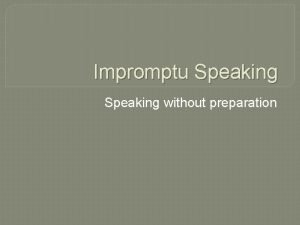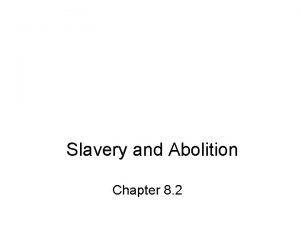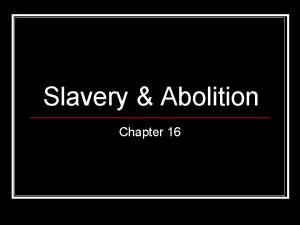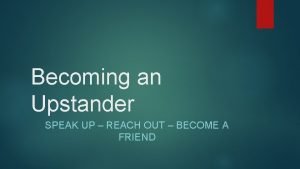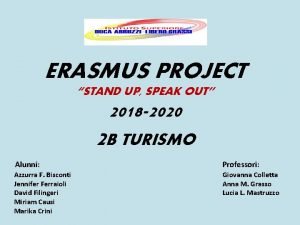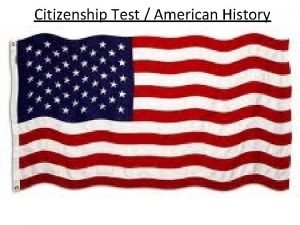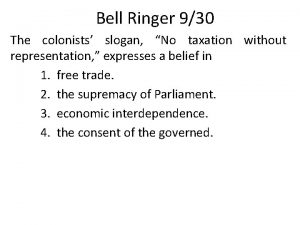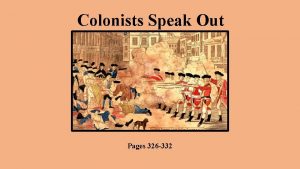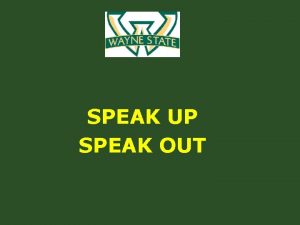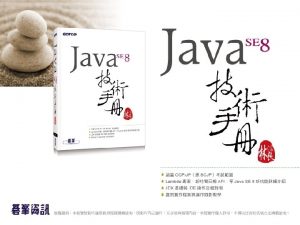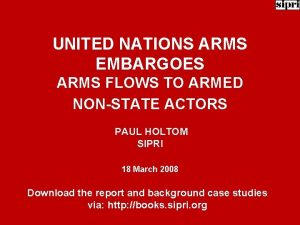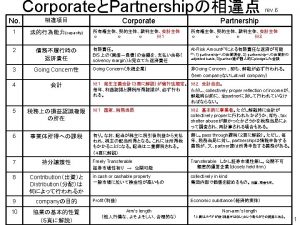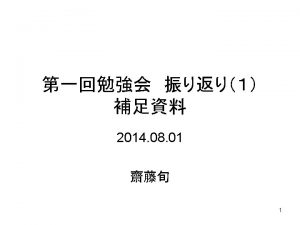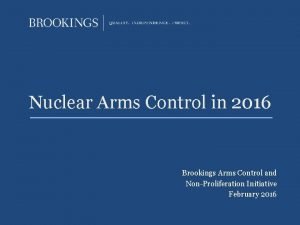Colonists Speak Out Mr Arms Class January 2010











- Slides: 11

Colonists Speak Out Mr. Arms’ Class January, 2010

Vocabulary • • Representation Treason Congress Boycott Repeal Imperial policy protest

The Stamp Act • In 1765, Parliament approved the Stamp Act, which put a tax on many paper items in the colonies. • Many colonists felt the tax was unfair, because they had no representation in Parliament. • “No Taxation Without Representation” became the motto for colonists who disagreed with the new tax. • Some who disagreed with the tax were accused of treason, or working against their own government. • Representatives from nine colonies met in New York to discuss who they should respond to the Stamp Act. This group became known as the Stamp Act Congress.

Stamp Act Congress

Colonists Work Together • Some colonists began to boycott, or refuse to buy, all British goods in response to the Stamp Act. • A group of men called the Sons of Liberty formed to work against the Stamp Act. – They captured British tax collectors – They chased some tax collectors out of town

The Stamp Act is Repealed • In 1766, the Stamp Act was repealed, or taken away. • However, the next day, Parliament passed the Declaratory Act, which stated that Britain had the “full power to make laws for the people of America in all cases. ” • Many colonists were worried about what this law meant.

Committees of Correspondence • The repeal of the Stamp Act showed the colonists they should work together, but they needed better ways to share information. • The Committees of Correspondence were formed to spread information throughout the colonies faster. • Samuel Adams organized the first committee in Boston, and he spoke out against the British imperial policies, which were laws and orders issued by the King and Parliament.

The Townshend Acts • In 1767, Parliament passed the Townshend Acts. • The Townshend Acts taxed imports, such as glass, tea, paint, and paper, that were brought into the colonies. • Many people began to boycott British goods again, such as tea and paint. • In 1770, Parliament repealed the Townshend Acts, except for the tax on tea. • As more colonists began to take part in the protests, Parliament sent more soldiers to the colonies.

The Boston Massacre • Having British soldiers in their towns angered many colonists. • As anger between the colonists and the British grew, fights often broke out. • On March 5, 1770 a crowd of angry colonists gathered near several British soldiers, shouting and throwing rocks and snowballs at them. • Some of the soldiers were knocked down, and some of the soldiers then opened fire on the crowd. • This event became known as the Boston Massacre, because the colonists were unarmed when they were shot.

The Boston Massacre

Boston Massacre Webquest • Mr. Arms’ Class Website
